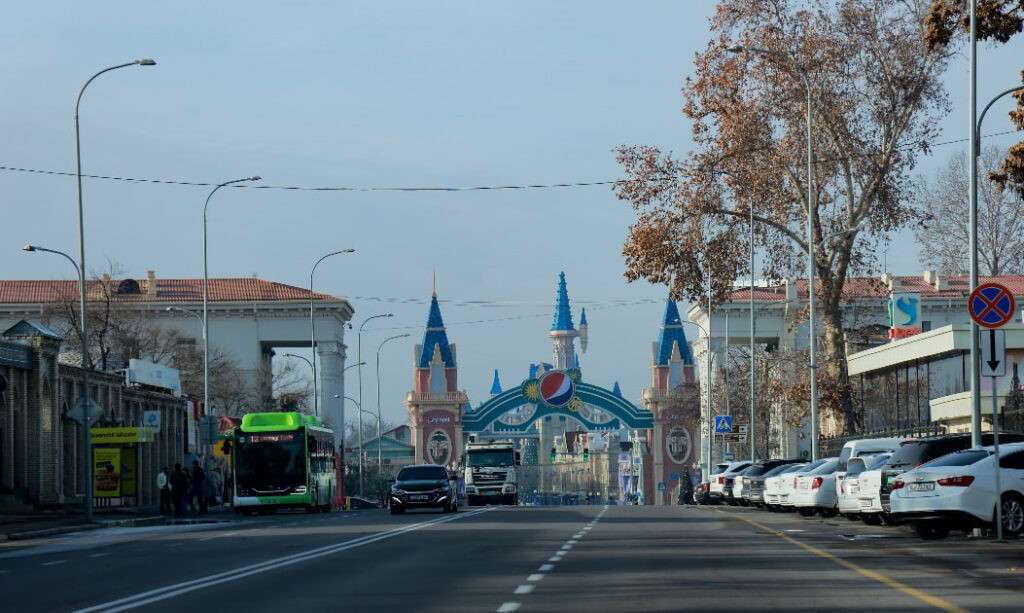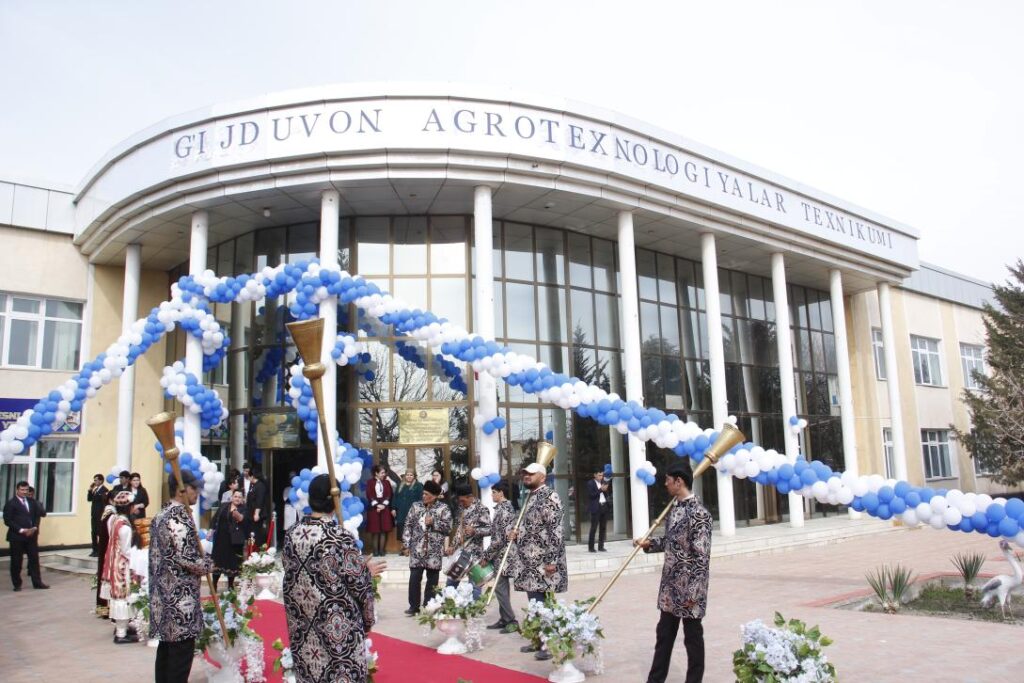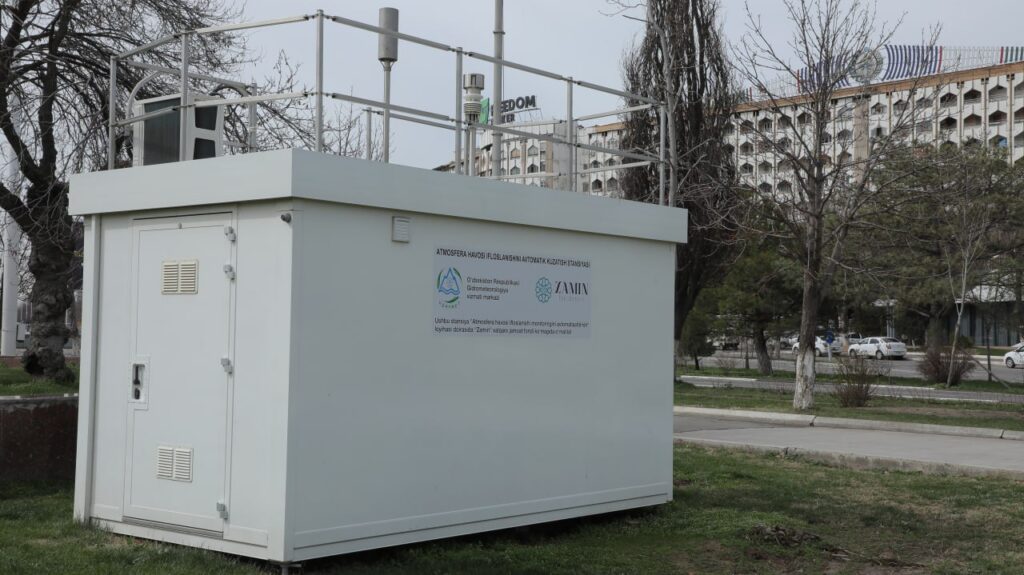Tashkent Announces First Car-free Day
Uzbekistan’s Ministry of Ecology, Environmental Protection and Climate Change has announced that from 24 April, Tashkent will be car-free on the fourth Wednesday of every month. The main goals of the campaign are to promote a healthy lifestyle, protect the environment from harmful gases emitted by cars, reduce the volume of traffic, and attract attention to developments in public transport. On the first car-free day, heads and employees of government agencies will travel to work by public transport; a move that will reduce the number of cars passing through Tashkent by 200 thousand (22-25%), and harmful emissions by an average of 580 tons. By publicizing the example to be set by its own employees, the government aims to encourage other workers and residents to refrain from driving in the city on designated car-free days. Authorities in Tashkent are currently working on the introduction of environmentally-friendly public transport including electric buses and the launch of new metro lines, as well as the creation of bicycle paths.






